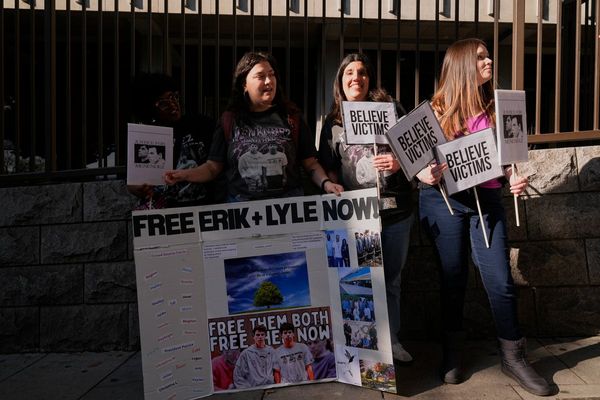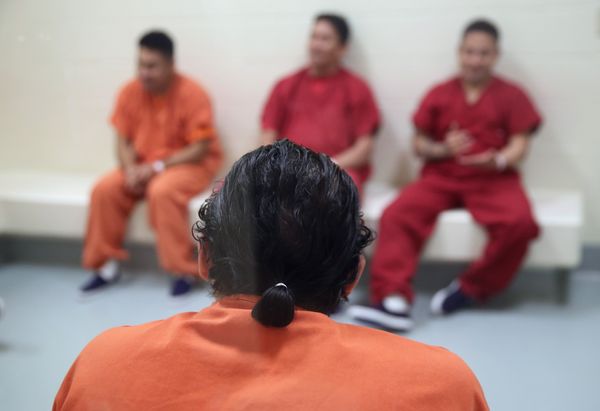Sarepta Therapeutics expects a slow launch for its just-approved Duchenne muscular dystrophy gene therapy and, on Friday, SRPT stock tumbled.
As expected, Sarepta gained Food and Drug Administration accelerated approval for its gene therapy in a smaller pool of patients age 4-5 who can still walk. But the company is running a confirmatory study and, depending on those results, could seek approval in older, non-ambulatory patients.
"While management is bullish on demand and adoption, it was careful to note that broad adoption will not come until it secures reimbursement and payer access, which will likely take a few months," William Blair analyst Tim Lugo said in a report.
On today's stock market, SRPT stock plunged 7.9%, closing at 114.09.
SRPT Stock: $3.2 Million Per Patient
The journey to approval for Sarepta's SRP-9001 has been pockmarked with challenges. The treatment prompts the body to create a miniature version of the dystrophin protein missing in Duchenne patients. Dystrophin is necessary for muscle health.
Now, Sarepta will sell the gene therapy under the brand name Elevidys for $3.2 million per patient. That price lies in between the last five gene therapies to gain approval, ranging from $2.8 million to $3.5 million per patient, UBS analyst Colin Bristow said in a report.
A previous cost-effectiveness analysis suggested Elevidys could be worth $5 million to $13 million per patient. The analysis takes into account the lifetime management of Duchenne muscular dystrophy vs. what, Sarepta and patients hope, will be a one-time treatment.
"Despite a price that lies on the top end of other gene therapies, management believes the health economics favor the price of Elevidys and view the gene therapy as providing overall value to the health care system," Bristow said in a report.
Bristow has a buy rating and 173 price target on SRPT stock.
Reimbursement Discussions Underway
Sarepta expects to net mid-20% of each treatment cost, Needham analyst Gil Blum said in a report. That comes out to about $2.5 million in revenue per patient, he said. Based on the complex launch, Sarepta doesn't expect to report sales of Elevidys until the fourth quarter.
The company expects a relatively slow launch. But it has already begun preparations in about 50 centers covering roughly 80% of eligible patients in the U.S., said Lugo, the William Blair analyst.
"Management also acknowledged a particular urgency given the potential for patients to age out of the current age restrictions on the label," he said.
The confirmatory test results are due in December and could help Sarepta seek approval in a broader group of patients. Notably, the current label is already less restrictive than expected. Analysts expected 10% of patients to be ineligible for Elevidys based on their genetics. The label restricts just 3% of patients, Needham's Blum said.
Blum kept his buy rating and 185 price target on SRPT stock.
On the flip side, the FDA said it will review the data from the Embark study as quickly as possible. If the results don't confirm Elevidys' benefit, it could lead to "a revised indication or withdrawal of Elevidys" from the market.
Follow Allison Gatlin on Twitter at @IBD_AGatlin.







